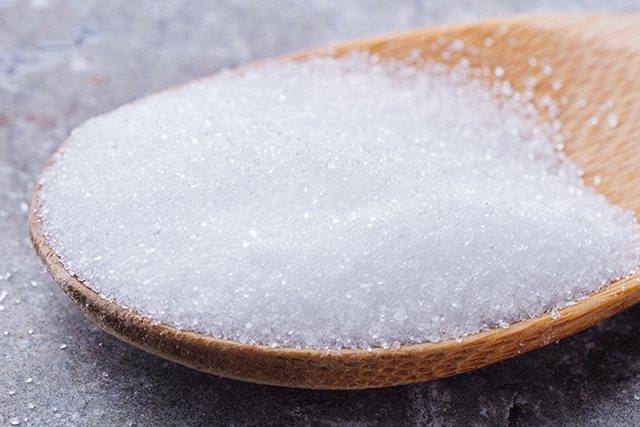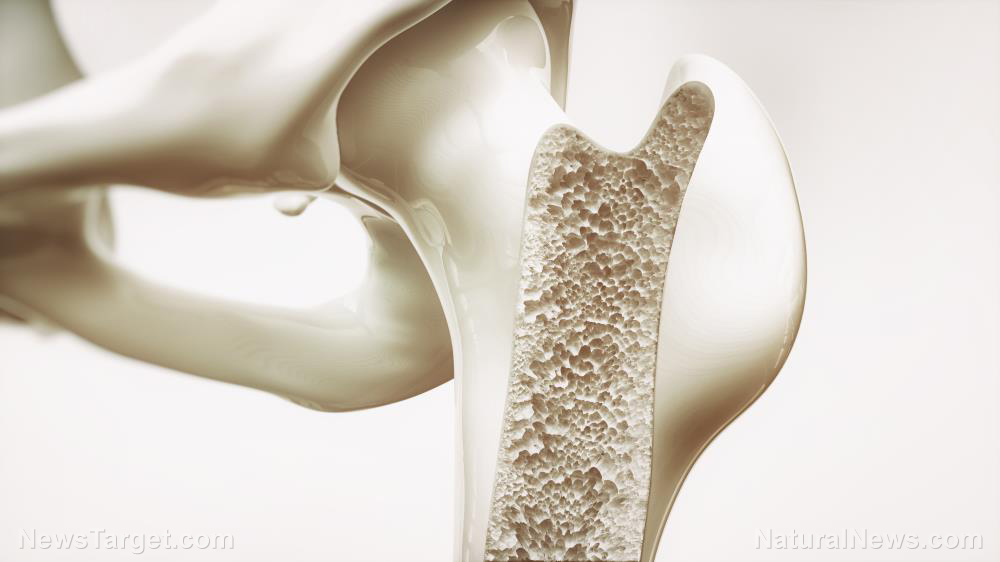
This is according to a compilation of studies that revealed that regular intake of whey protein can have beneficial effects on people over the age of 60. As detailed in individual studies, whey was shown to prevent age-related frailty, obesity and heart disease, as well as promote longevity.
Whey is one of the two proteins that make up milk, with the other one being casein. A byproduct of cheese-making, whey is considered a complete protein as it contains all nine essential amino acids.
Whey protein is usually available in three forms: whey protein concentrate, which contains low levels of fat and carbohydrates; whey protein isolate, which is 90 percent protein, with even lower amounts of fat and carbohydrates; and whey protein hydrolysate, which is a “predigested” form of whey protein.
While whey protein is most often seen in the form of powders, which are used to make protein shakes or smoothies, it can also be taken in the form of nutritional bars. Both forms of whey protein are convenient enough for older people to consume. (Related: Whey protein for breakfast helps diabetics lose weight safely and effectively.)
Here are some of whey protein’s health benefits for the elderly.
Whey protein may help prevent age-related muscle wasting and frailty
According to an article in Gastroenterology Clinics of North America, about 45 percent of older individuals in the general population, and more than 84 percent in residential care facilities, are inadequately nourished. This happens, among other reasons, because older people often have reduced appetites and tend to eat less, while nutrients are absorbed less efficiently by the body as people age.
This can lead to an insufficient intake of quality protein, which can lead to loss of muscle mass.
A study published in the Journal of Nutrition in Gerontology and Geriatrics, however, found that whey protein supplementation helped improve the grip strength and knee extensor force of frail and elderly people.
Another study, this time published in Geriatrics and Gerontology International, found that whey protein supplementation could prevent sarcopenia, or muscle loss in healthy, older-aged women.
Whey protein may help prevent obesity and age-related weight gain among the elderly
Aside from helping build one’s muscles, whey protein may also be linked to preventing age-related weight gain.
According to research published in the Journal of the American College of Nutrition, whey protein supplementation not only promoted weight loss in overweight and obese individuals, but it also improved multiple cardiovascular disease (CVD) risk factors, such as their systolic blood pressure, diastolic blood pressure, glucose, high-density lipoprotein and total cholesterol levels.
Not only that, when coupled with an exercise technology called whole-body electromyostimulation (WB-EMS), in which muscles are contracted with electrical impulses, whey supplementation resulted in significant reductions in the total body fat, trunk body fat, and waist circumference of elderly, obese participants.
Whey protein may help prevent heart disease in elderly individuals
According to researchers, when paired with a good diet and exercise program, whey protein supplementation can help protect elderly individuals against cardiovascular disease by singling out a particular CVD risk factor: hypertension.
In a study published by the U.S. Dairy Export Council, peptides, or amino acid chains found in whey, have been linked to a reduction in blood pressure levels by an average of 15.2 mmHg, for up to five hours after ingestion. In addition, whey protein was also linked to improved arterial stiffness.
Learn more about supplements for building muscles like whey protein at SupplementsReport.com.
Sources include:
Please contact us for more information.























